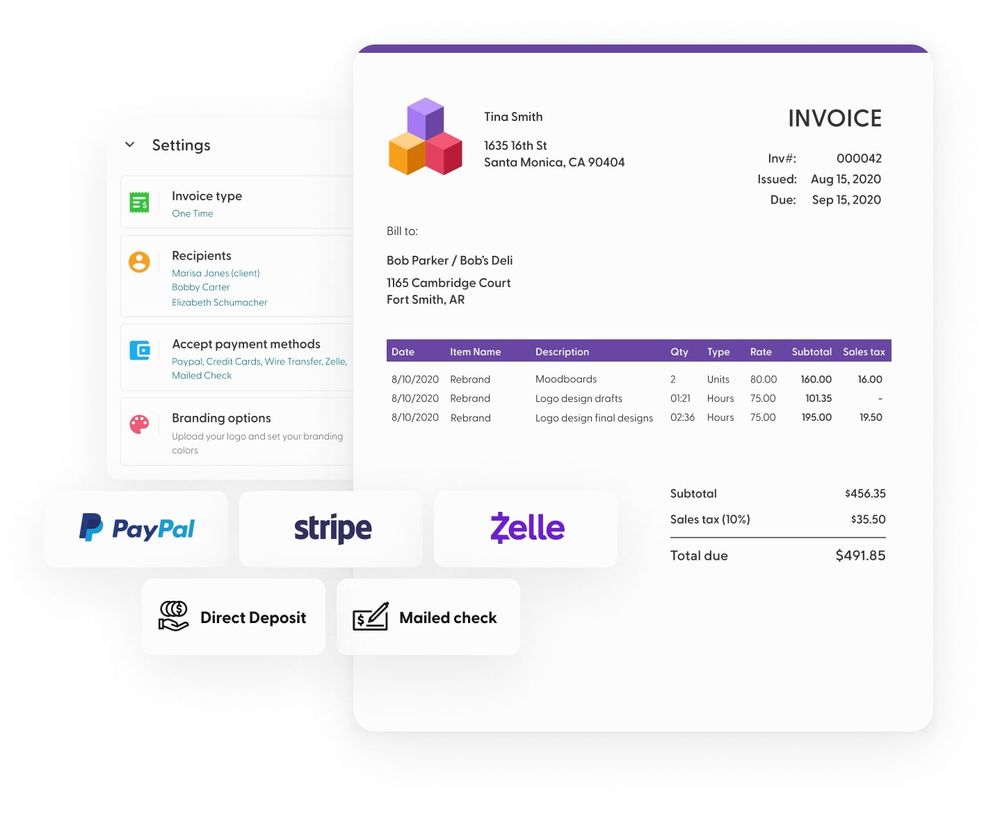So you want to be a freelance engineer.
It’s a career path that definitely has appeal. Many engineers enjoy having the opportunity for independent work. They prefer focusing on acquiring a broad range of knowledge, rather than playing corporate politics or moving into a management job where there’s less hands-on work.
There are only a couple of things standing in between you and getting prepared for freelancing full time: getting clients and making money.
Determine Whether You Can Support Yourself With Full Time Work as a Freelance Engineer.
The first step when determining whether you can become a successful freelancer is looking at the job market. Are there openings in your field of expertise?
You can evaluate your potential for freelance success by looking at the Bureau of Labor Statistics, reading industry news and checking freelance websites.
The second area where you should focus is determining the amount of money you need. What income is required for paying your essential bills? Can you make that in the amount of hours you'd optimally work each week?
You’re probably not considering freelance engineering because of an intense desire to work 70-80 hours each week, so take a look at how you can earn that amount of money in a reasonable amount of time.
Does the hourly rate make sense with your area of expertise and years of experience? One great thing about freelancing is being less constrained by the local job market, so you can apply for work in areas where the cost of living, and thus freelance hourly rates, are higher.
Again, freelance sites can be a good resource for this information, as job listings may show the going rate for people in your field and with your knowledge. Talk with other successful freelancers and get their feedback on whether these rates seem in line with what the potential clients they know are paying.
Start getting clients
As a freelancer, a portion of your focus is continually dedicated to business development and cultivating potential clients. These resources may help as you secure your first round of clients:
Connecting with other successful freelancers
Who else do you know in the freelance world? Take time for connecting with them; it's likely that they'll willingly pay it forward, sharing information about the market, prospects and potential job leads.
Have some questions ready regarding hourly rates, but also ask about business best practices. How do they maintain high levels of productivity and handle the operations side of their business -- business development, invoicing and more?
You should connect with freelancers outside your own field as well.
Consider talking with freelancers in complementary fields, so you can collaborate or share client referrals. Freelance marketers, for example, might connect freelance software engineers with businesses looking for app development or ecommerce platforms.
Using social media
Social media has many benefits for freelancers. There’s the opportunity for reconnecting with old colleagues and business partners; they might have work available for you.
You can also use social media for connecting with others in your field through groups -- people exchange details on projects and create referral networks to share job opportunities. And, as you’re growing your freelance career, you can position yourself as a thought leader on social media, so when people have a question or an opportunity they pass it to you.
While building your business, you’ll want to set aside time each day or week to engage and build connections on social media. Just consider it part of your recurring task list.
Asking your current/former employers
Many companies love working with freelancers because it gives them the flexibility to scale up for a project, without the long-term commitment required to bring on a full-time employee.
Your current employer may be happy to keep your knowledge on the team, while former employers might be ecstatic to have you reconnect. Draft some friendly emails to start reconnecting, and see where it leads.
Connecting with friends and family
Use your network to get your name out there to the world. Even if your friends and family don’t have immediate resources available for you, they can keep you in mind and pass your credentials along when they hear of opportunities that might be suitable.
Using freelance websites
Freelance job boards are a great resource for finding opportunities. While there are likely options on major job boards like Monster, Indeed and others, you may find more specialized opportunities on freelance websites that are specific to your field.
Examples include boards for industry/trade associations. Some well-known companies in the engineer field even host their own job boards; GitHub is a popular example for software engineers.
Put Processes In Place For Running Your Freelance Business
You’ve figured out the money. You’ve started developing a pipeline for potential clients. What’s next?
A successful freelancer balances client work with the operations work required to keep your business afloat. That means being responsible for everything: getting the clients, keeping them happy and ensuring timely payment.
Set aside a day each week -- it may take a lot at first, but when your processes are established, you can later whittle it down to only a couple of hours -- for getting business processes in order. Keep track of this time. Factor it into your overall work time to ensure you’re being productive and still hitting your target for the amount of money you need.
Use productivity software or a paper-based Action Priority matrix to determine what is really necessary, what is busy work, fill in work, or work that might be best delegated to a virtual assistant. You’ll manage your efforts better if you determine what’s urgent and requires action, and you’ll feel better spending more time on the things that matter to you, feel fulfilling and make money.
Becoming a freelance engineer will take hard work and dedication. However, there are plenty of resources and tools that can help along the way, and there are plenty of people who have been in your shoes and will eagerly offer a boost when it comes to getting your business started and becoming a successful freelancer.



